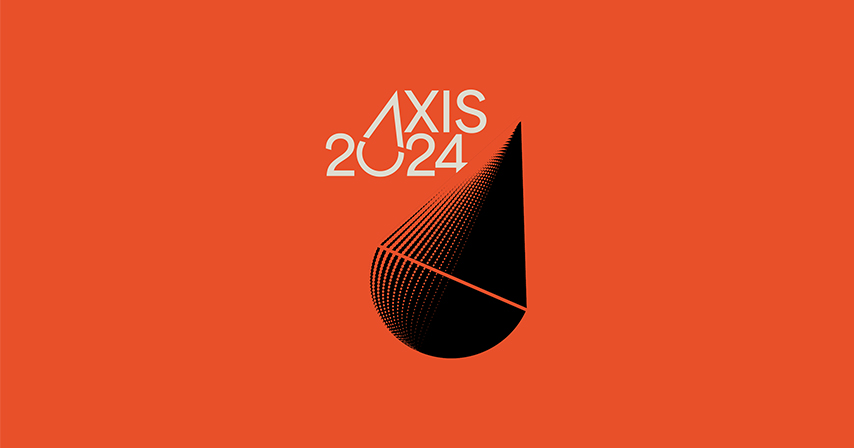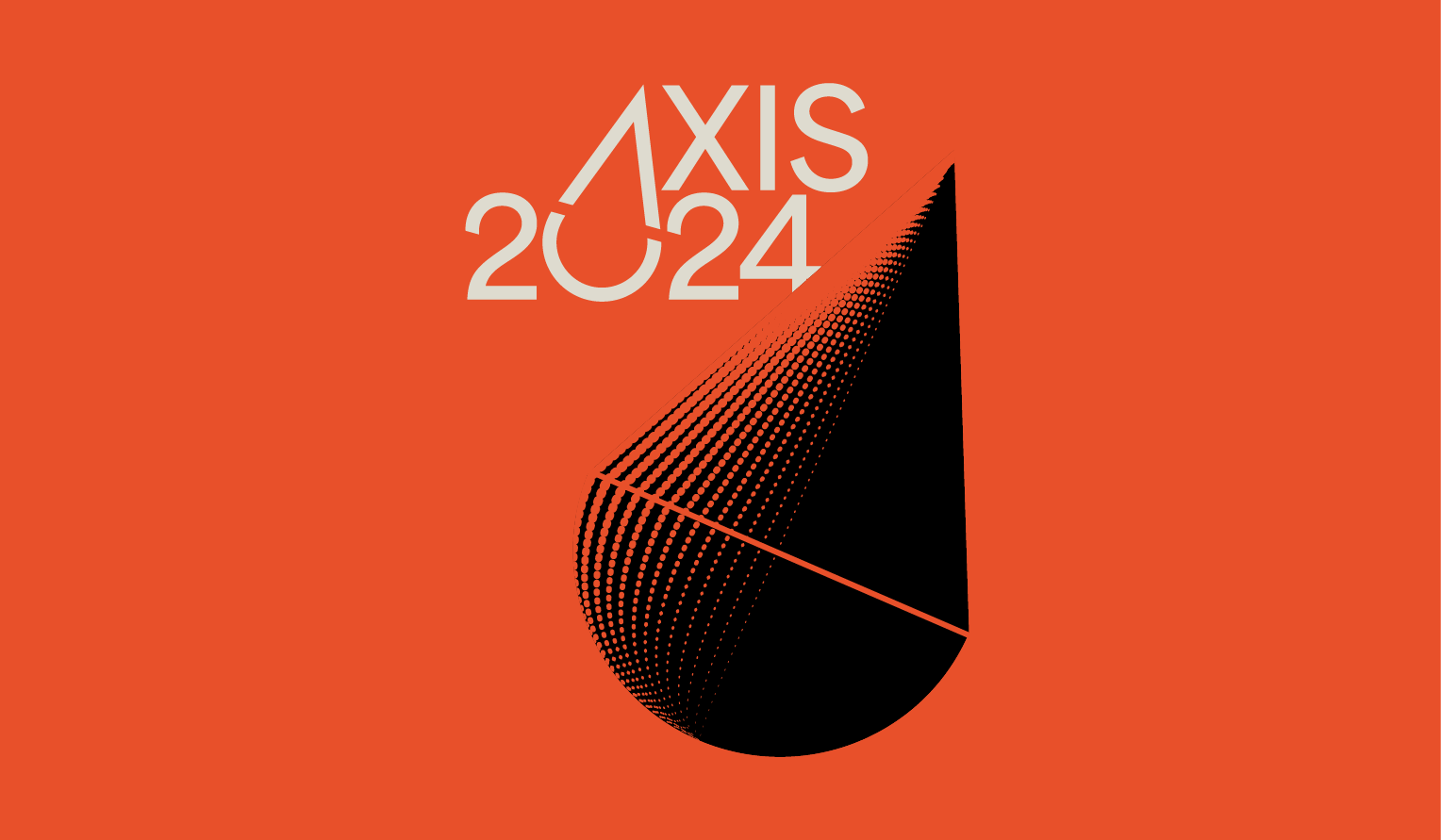August was a big month for issues impacting our industry. The ASA Children’s and Young People’s Code Review invited submissions, with specific questions relating to age definitions, targeting definitions, audience thresholds and distinctions between product and brand advertising. Comms Council made its submission following member consultation and discussions with ANZA and individual clients. We will wait with interest to see how this Code will evolve in response.
The Aotearoa New Zealand Public Media Bill had its first reading in late July. The intent of the Bill is to ‘strengthen the delivery of public media services to New Zealanders by establishing a new public media entity. In short, it’s designed to amalgamate TVNZ and Radio New Zealand into one, new, entity. Submissions to the Select Committee close on September 8.
Comms Council’s submission contains the following observations:
- The Bill, as currently drafted, lacks clear commercial imperatives. TVNZ has weathered the storms of media fragmentation, continuing to deliver audiences at scale for New Zealand businesses seeking to promote their products and services. The combination of good content provision and investment in a world-class on-demand streaming platform has enabled advertisers to continue to use TVNZ without compromise.
- The absence of commercial objectives within the Bill is worrying. It suggests a lack of acknowledgment that audiences have a choice. A desire to provide content that ‘informs and enlightens’, without corresponding commercial objectives, risks the financial performance of the new entity. This has multiple implications:
- Any shortfall in revenues that might result from a change in focus will result in dependence on Treasury to further subsidise the entity.
- Lower revenues imply a reduction in the ability to generate and source good content, leading to further audience erosion.
- Inevitably, a reduction in TVNZ revenues will result in a further shift in advertising dollars shifting to off-shore tech alternatives, particularly in the context of Netflix and Disney+ exploring ad-supported options for New Zealand audiences. This drift risks damaging New Zealand’s media ecosystem and with it, jobs.
- Comms Council would like to see acknowledgment within the Bill of the role TVNZ plays in enabling New Zealand businesses to reach NZ audiences at scale. It is an economic lever to be proud of. Further, the Bill needs to acknowledge that audiences are not captive; content that governments think New Zealanders should be interested in does not equate to content that audiences will be interested in. The desire to widen the type of content served by the public media entity needs to be balanced by the commercial realities that drive advertising investment.
The Bill has ambitious timelines. The danger in rushing through a seismic change in our media landscape without ensuring the foundations are strong is that the Bill could result in exactly the opposite of its intent; a weaker media entity that is overly dependent on taxpayer funding and cannot deliver to our industry as it has done so historically.


